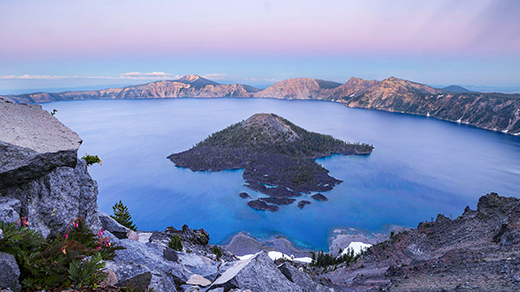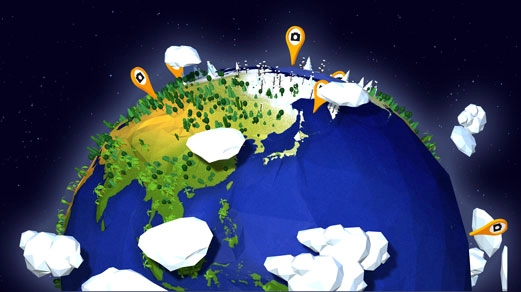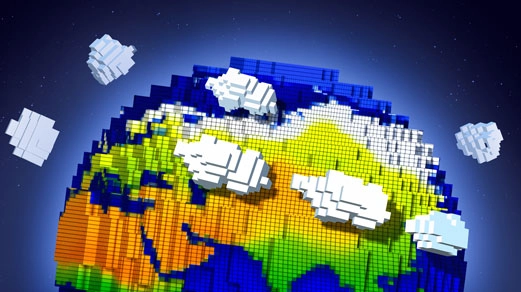What's up in
Climate science
Latest Articles
The Year in Physics
Physicists spotted a “terribly exciting” new black hole, doubled down on weakening dark energy, and debated the meaning of quantum mechanics.
The Year in Biology
Take a jaunt through a jungle of strange neurons underlying your sense of touch, hundreds of millions of years of animal evolution and the dense neural networks of brains and AIs.
Mixing Is the Heartbeat of Deep Lakes. At Crater Lake, It’s Slowing Down.
The physics of mixing water layers — an interplay of wind, climate and more — makes lakes work. When it stops, impacts can ripple across an ecosystem.
How Soon Will the Seas Rise?
The uniquely vulnerable West Antarctic Ice Sheet holds enough water to raise global sea levels by 5 meters. But when that will happen — and how fast — is anything but settled.
How We Came To Know Earth
Climate science is the most significant scientific collaboration in history. This series from Quanta Magazine guides you through basic climate science — from quantum effects to ancient hothouses, from the math of tipping points to the audacity of climate models.
The Ends of the Earth
Building an accurate model of Earth’s climate requires a lot of data. Photography reveals the extreme efforts scientists have undertaken to measure gases, glaciers, clouds and more.
The Quantum Mechanics of Greenhouse Gases
Earth’s radiation can send some molecules spinning or vibrating, which is what makes them greenhouse gases. This infographic explains how relatively few heat-trapping molecules can have a planetary effect.
How Climate Scientists Saw the Future Before It Arrived
Over the past 60 years, scientists have largely succeeded in building a computer model of Earth to see what the future holds. One of the most ambitious projects humankind has ever undertaken has now reached a critical moment.
A Biography of Earth Across the Age of Animals
New reconstructions of 540 million years of climate history show the planet tumbling between icehouse and hothouse states, revealing how rare and vulnerable our temperate moment is.








